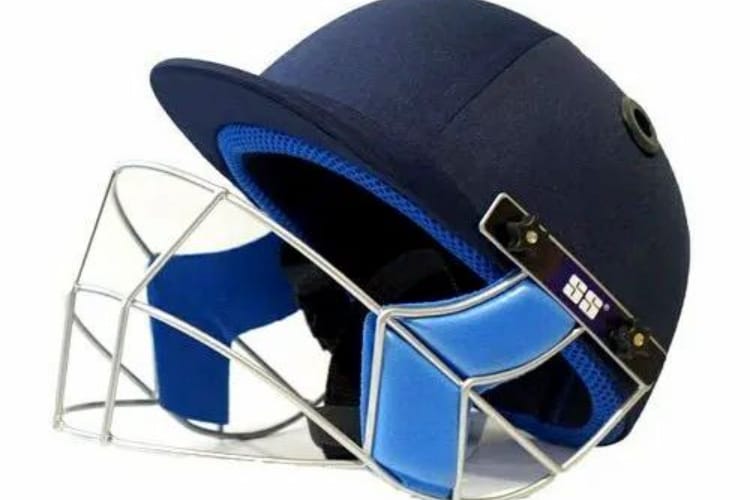
The brain is suspended in a bath of clear fluid known as cerebro-spinal fluid which acts as a shock absorver
Australian experts have reviled that a helmet or soft headgear does not protect against concussion. This has been said just before the public hearing of the Senate inquiry to be held in Melbourne on Wednesday regarding concussion and repeated head trauma in contact sports.
After a study of 304 rugby players in New Zealand in 2005, it was observed that headgear and mouth-guards cannot minimize the risk of concussion. A lab test reviewed that padded headgear or the hard helmets worn by American football players cannot absorb the additional force which may result in a concussion.

Professor Alan Pearce, a neurophysiologist and concussion researcher at La Trobe University said “A helmet can protect the skull bone from fracturing but it doesn’t stop the brain tissue from moving inside the skull which is the issue.”
The brain is suspended in a bath of clear fluid known as cerebro-spinal fluid which acts as a shock absorver. When an external force acts upon the brain it moves inside the skull cavity directly hitting the inside of the skull or stretching and twisting resulting in the concussion.
Professor Pearce said that the brain is a very delicate tissue. He added “When 120 kg blokes hit each other at 35 km per hour the cerebrospinal fluid doesn’t protect the brain rather it makes the brain move into the skull. Multiple impacts on the brain though out the playing career increase the risk of CTE (chorionic traumatic encephalopathy .”
He added that helmets cannot protect against the micro impact over the whole career.
Although some manufacturers have designed new helmets there is no strong evidence that it can reduce the impact on the brain. Both linear and rational forces can result in a concussion. Rational force may cause shearing of the brain cells which causes damage but the linear force is less damaging as it happens when hit from the side said Prof. Pearce.

Professor Frances Corrigan of the University of Adelaide said “Stretching doesn’t always occur from impact. If during a car accident, we move our head fast enough it will cause stretching. Headgear will not do anything about movement of the brain.”
Last month Sydney Junior Rugby League clubs, as an incentive for “tackle-happy-kids”, announced to issue of free head gears for giving extra protection to the little ones. But experts suggested modifying the sports to be non-contact.
Prof. Corrigan said, “It is not that the kids shouldn’t be involved in sports but just to modify the involvement. There are better ways to minimize the risk and we should try to decrease the risk of head injury.”
Leave A Comment
Your email address will not be published. Required fields are marked.

